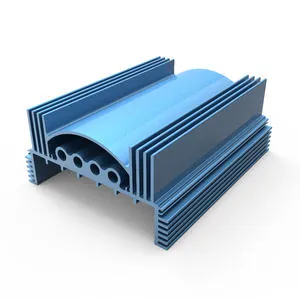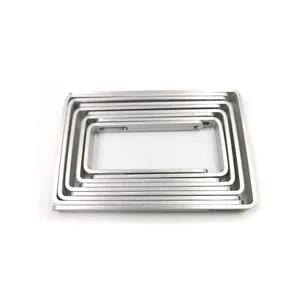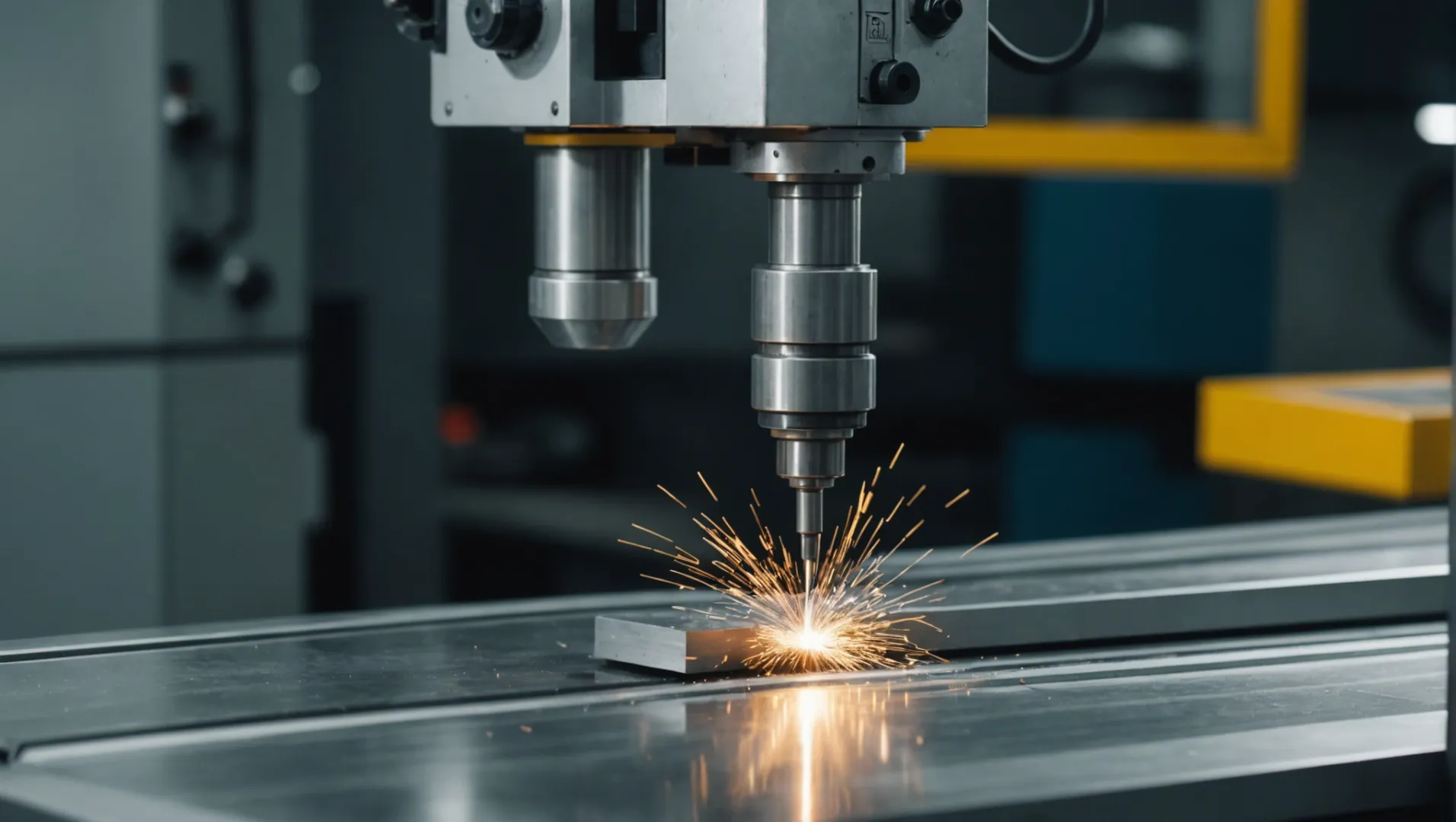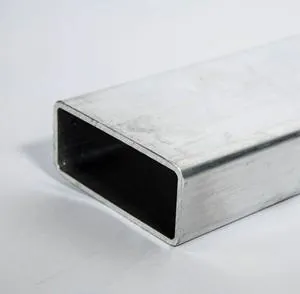CNC Machining Vietnam: Manufacturers & Industry Guide

Part 1: Market Size and Growth
Vietnam’s CNC machining scene has shifted from basic job shops to smart factories. I have met owners who started with one manual lathe and now run lines of 4- and 5-axis centers. Demand is strong in electronics, motorcycles, automotive, furniture hardware, and clean energy.

The market benefits from the “China + 1” strategy. Brands move parts of their supply chains to the North near Hanoi and Bac Ninh, and to the South near Ho Chi Minh City and Binh Duong. This move brings steady orders for precision housings, jigs, and fixtures. I see more local firms winning Tier-2 and Tier-3 roles for global OEMs.
Policy support also matters. Vietnam promotes supporting industries with tax incentives and training programs. Industrial parks in Thai Nguyen, Hai Phong, and Dong Nai provide utilities and logistics at scale. This mix of policy, skilled labor, and FDI keeps the flywheel turning.
Why buyers look at Vietnam
I hear the same reasons in buyer meetings. They want cost stability, short lead times, and good documentation. They also want clean factories and proof of process control. Vietnamese shops now show SPC charts, PPAP files, and full traceability. That was rare ten years ago.
Where growth shows up
Growth shows up in small but steady ways. Tooling libraries expand. CAM seats increase. Operators move from manual offsets to probe-driven setups. I see green machining programs, mist collectors, and energy dashboards on the shop floor. The mindset is quality first, then speed.

Part 2: Leading Companies
Vietnam Precision Industrial No.1 (VPIC1)
Contact Now
VPIC1 is a well-known precision manufacturer in Vinh Phuc with roots in the 1990s. The company grew with Japanese and Taiwanese methods and now serves global brands. I visited a line where technicians tuned a 5-axis cell with in-machine probing, and the workflow looked tight.

VPIC1 produces precision brackets, housings, and powertrain parts. The team combines CNC milling, turning, and metal forming with shot blasting and coating. It offers assembly and packaging for export so buyers get a finished kit from one supplier.
The main industries include motorcycles, bicycles, automotive, and industrial equipment. Technical highlights include offline programming, CMM inspection, and automated tool presetting. VPIC1 follows IATF 16949 and ISO 14001 systems and holds multiple customer awards for delivery and quality.
Duy Khanh Engineering
Contact Now
Duy Khanh Engineering began as a tooling shop in Ho Chi Minh City in the late 1980s. It grew into a multi-service precision company with CNC machining, plastic molds, and die sets. I spoke with an engineer who showed me their standard work sheets and I liked the simple layout.

The company machines mold bases, high-precision cavities, and complex jigs. It also runs short-run production for aluminum and stainless parts. The team supports DFM, material selection, and heat treatment planning for demanding jobs.
Duy Khanh serves consumer electronics, food equipment, and automation lines. Highlights include high-speed machining, electrode libraries, and full CAM traceability. It holds ISO 9001 and often works to ISO 13485 standards when projects need medical-grade controls.
THACO Industries (Chu Lai)
Contact Now
THACO Industries sits inside the Chu Lai industrial complex in Quang Nam. The group started in automotive and now spans heavy fabrication, casting, and CNC machining. I walked a line where operators used wireless gauges and the station boards were simple and clear.

The company builds shafts, gears, housings, and precision fixtures for vehicles and machinery. It combines machining with welding, paint, and final assembly. Buyers get one-stop service for parts that need both metal cutting and downstream steps.
Key industries include automotive, agriculture, and industrial equipment. Technical strengths include multi-axis centers, robot handling, and line-side CMMs. THACO Industries follows IATF 16949, ISO 9001, and ISO 14001. It has received supplier recognition from regional OEMs.
| Company | Founded | Core Products | Industries | Certifications |
|---|---|---|---|---|
| Vietnam Precision Industrial No.1 (VPIC1) | 1990s | Brackets, housings, powertrain parts | Motorcycle, bicycle, automotive, industrial | IATF 16949, ISO 14001, ISO 9001 |
| Duy Khanh Engineering | 1980s | Molds, jigs, CNC precision parts | Electronics, food equipment, automation | ISO 9001, ISO 13485-ready |
| THACO Industries (Chu Lai) | 2000s | Shafts, gears, fixtures, assemblies | Automotive, agriculture, equipment | IATF 16949, ISO 9001, ISO 14001 |
Part 3: Trade Shows and Industry Events
Vietnam Manufacturing Expo (VME), Hanoi
VME gathers machinery, cutting tools, metrology, and factory software in one hall. I like the compact layout because I can cover booths fast and still talk with engineers. The show is friendly for serious buyers who want hands-on demos.

VME runs workshops on tolerance stacks, probing, and CAM tips. Exhibitors show live 5-axis machining and in-cycle measurement. Networking areas help buyers meet local job shops that can ramp quickly for pilot runs.
MTA Vietnam, Ho Chi Minh City
MTA Vietnam is a flagship show for CNC, EDM, and additive in the South. I always plan a full day there because the tool vendors bring their best kits. The aisles are full of real chips, not just brochures.

The event features high-speed milling trials, laser scanning, and SPC software. Seminars cover fixture design, process capability, and lean layouts. Many teams book supplier audits right after the show to lock in capacity.
| Event | Date | Location | Highlights |
|---|---|---|---|
| Vietnam Manufacturing Expo (VME) | Annual | Hanoi | Live 5-axis demos, metrology, CAM workshops |
| MTA Vietnam | Annual | Ho Chi Minh City | High-speed milling, EDM cells, SPC and QA tools |
Part 4: Impact of Global Trade Policies
Trade rules shape quotes and lead times every quarter. Vietnam benefits from agreements like EVFTA, CPTPP, and RCEP. These deals improve access to markets and reduce duties for many parts. But rules of origin matter, so shops track materials and processes more closely.

Sanctions and export controls can affect certain electronics, alloys, and measuring gear. Teams plan alternates for raw stock and cutting tools to avoid surprises. Carbon rules also rise in importance. The EU’s CBAM pushes suppliers to track energy and emissions for metal items.
Local substitution continues because buyers want resilient chains. I see more local foundries, heat treaters, and coating lines. That lowers risk and shortens lead time. International competition stays tough, but Vietnamese shops win with clean processes, fast response, and stable quality.
Part 5: Conclusion
Vietnam’s CNC industry is past the early stage and now scales with confidence. I see better fixtures, quicker setups, and smarter inspection at every visit. The growth will continue as global firms diversify and local firms move up the value chain.
Challenges are clear. Energy stability, skilled labor, and compliance will test every shop. Teams that invest in people, software, and green workflows will lead the next chapter.
Recommended Reading:
CNC Machining Bangladesh
CNC Machining Philippines
CNC Machining Malaysia
CNC Machining Singapore
CNC Machining Hong Kong
CNC Machining Colombia
CNC Machining Romania
CNC Machining Iraq
Custom Telescopic Poles for Outdoor Use?
Aluminum J Channel Extrusion
40mm Aluminium Extrusion
v-slot aluminum profile Factory bulk business



